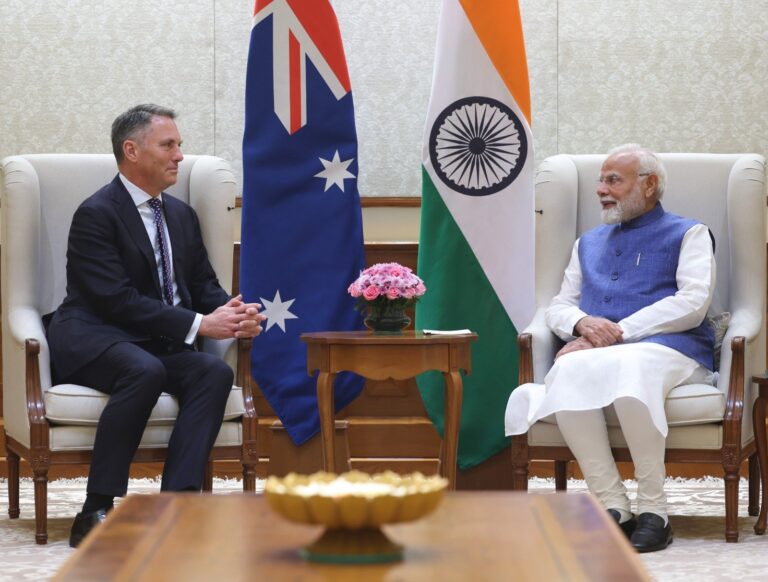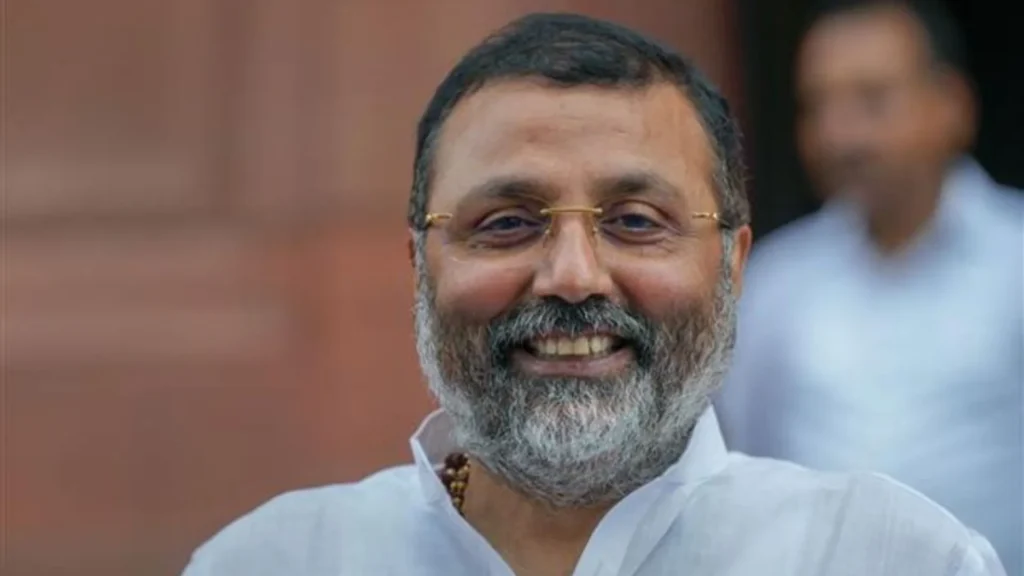Australia Lauds India’s Responsible Leadership Post Operation Sindoor
In a significant show of support, Australian Deputy Prime Minister and Defence Minister Richard Marles has praised India’s decision to agree to a ceasefire with Pakistan following the intense military exchanges under Operation Sindoor. Describing it as “an act of Indian leadership”, Marles acknowledged the difficult nature of the decision, underlining New Delhi’s commitment to regional peace and responsible diplomacy.
This endorsement came amid global scrutiny and claims by former US President Donald Trump suggesting American mediation. However, Marles firmly stated that the decision was India’s alone, while also condemning the Pahalgam terror attack that triggered the military response. His comments reflect not only solidarity with India in combating terrorism, but also an emerging India-Australia strategic alignment in the Indo-Pacific and global counterterrorism efforts.
Richard Marles Praises India’s Restraint and Regional Responsibility
Richard Marles’ statement comes as a powerful acknowledgment of India’s measured yet firm approach in the face of provocation. By calling the ceasefire “a demonstration of leadership”, Marles highlighted that India’s choice to halt military operations, despite having clear justification for escalation, was a mature diplomatic move that prioritizes long-term regional stability over short-term retaliation.
🚨Australia backs India on ‘action against terror’: Dy PM Marles reaffirm defence cooperation 🇦🇺🤝🇮🇳
— The Australia Today (@TheAusToday) June 5, 2025
🔗 Tap the link to uncover the explosive details: https://t.co/7ZxqUBjy77
Dy PM Richard Marles met PM Modi 🇦🇺🤝🇮🇳 Could this signal a game-changing defence alliance in the… pic.twitter.com/Pj7likPfga
He also underlined how difficult such decisions are, especially when emotions and national security are at stake. In choosing diplomacy after retaliation, India sent a signal that it seeks justice, not vengeance, and is capable of maintaining strategic composure on the global stage.
Australia Stands With India on Terrorism and Denies External Mediation Claims
Marles strongly condemned the Pahalgam terror attack, aligning Australia with India in the global fight against terrorism. He reiterated Australia’s support for democratic nations defending themselves, especially against state-sponsored terrorism. This reinforces India’s narrative of being a responsible power combating cross-border terror, especially from Pakistan-based networks.
Addressing claims made by Donald Trump about a US-brokered ceasefire, Marles diplomatically dismissed them by emphasizing that India’s decision was independent, reflecting sovereign leadership, not international pressure. This rebuttal serves to reaffirm India’s agency in its foreign policy decisions and strengthens its image as a global power capable of handling its own conflicts.
India-Australia Strategic Cooperation Set to Deepen Post Operation Sindoor

Beyond this episode, Richard Marles’ statements are indicative of growing India-Australia defence and strategic cooperation. He mentioned the desire to deepen bilateral engagement in counterterrorism, which could translate into greater intelligence sharing, joint military drills, and coordinated Indo-Pacific security efforts.
India and Australia, both members of the Quad (with the US and Japan), have been strengthening ties across maritime security, cybersecurity, and counterterrorism platforms. Australia’s endorsement of India’s handling of Operation Sindoor may pave the way for enhanced defence dialogues, policy alignments, and unified stances against terrorism in multilateral forums.
This marks a maturing strategic partnership, rooted not just in regional balancing, but also in shared values of democracy, rule of law, and peace through strength.





















